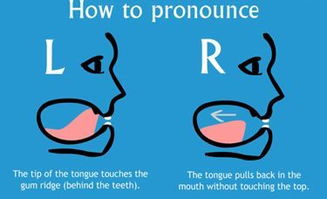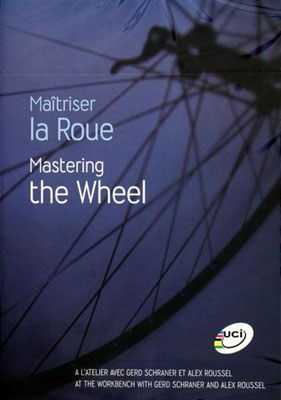Content:
Fishing is an ancient pastime that has been enjoyed by people across the globe for centuries. Whether you're a seasoned angler or a beginner looking to cast your line into the water for the first time, improving your fishing skills can make the experience more rewarding. Here are some expert tips to help you become a better fisherman or woman.
Choose the Right Equipment
The first step to improving your fishing skills is to ensure you have the right equipment. Here's what you should consider:
- Rod and Reel: The type of rod and reel you choose depends on the type of fish you're targeting. For instance, a spinning rod and reel are great for panfish and smaller species, while a baitcasting rod and reel are better for larger fish.
- Line: The type of line you use should match the rod and reel you have. Monofilament is versatile and easy to handle, while fluorocarbon is nearly invisible to fish and has excellent knot strength.
- Hooks: The size and type of hook should match the bait you're using and the size of the fish you're targeting. Larger fish require larger hooks, and certain species may require specific hook shapes.
- Bait or Lures: Live bait, artificial lures, or a combination of both can be effective. Experiment with different baits and lures to see what works best in your fishing environment.
Learn the Basics of Casting
A good cast is the foundation of successful fishing. Here are some tips to improve your casting technique:
- Practice Casting: Find a quiet spot to practice casting until you feel comfortable with the motion. Practice different casts, such as the overhead cast, sidearm cast, and roll cast.
- Control Your Arm Motion: Keep your arm motion smooth and controlled. Avoid using too much force, as this can lead to a poor cast.
- Tune Your Reel: Adjust the drag on your reel to prevent your line from tangling or snapping when you cast.
Understand Fish Behavior
To catch fish, you need to understand their behavior. Here are some key points to consider:
- Seasonal Patterns: Fish often migrate or change their feeding patterns with the seasons. Research the species you're targeting and learn about their seasonal habits.
- Water Temperature: Fish are sensitive to water temperature. Generally, they're more active in cooler water, so fish during the cooler parts of the day, like early morning or evening.
- Cover: Fish often seek cover to hide from predators. Look for structures like rocks, logs, and vegetation where fish might congregate.
Develop a Patience and a Routine
Fishing is a game of patience. Here's how to develop a routine that can improve your chances of success:
- Start Early: Fish are often more active at dawn and dusk, so start your day early to increase your chances of catching fish.
- Stay Quiet: Make sure you're not making unnecessary noise that could spook fish. Speak softly and move carefully.
- Be Consistent: If you find a spot where fish are biting, stay there for a while. Don't keep moving from one spot to another unless you have a good reason to.
Use the Right Techniques for Different Fish

Different fish require different techniques. Here are some general tips for common species:
- Bass: Use techniques like flipping and pitching for bass in shallow water. For deeper water, consider using a Carolina rig or a drop-shot rig.
- Carp: Carp are often found in deeper water. Use a heavy-duty rod and line, and consider using a float to present your bait or lure at the right depth.
- Trout: Trout are often found in streams and rivers. Use a light rod and line, and try to present your bait or lure naturally in the water.
Keep Learning and Experimenting
Fishing is a skill that can always be improved. Keep learning from other anglers, read fishing magazines, and experiment with new techniques and baits. The more you fish, the better you'll become.
By following these tips, you'll be well on your way to improving your fishing skills. Remember, the key to success is practice, patience, and a willingness to learn. Happy fishing!












